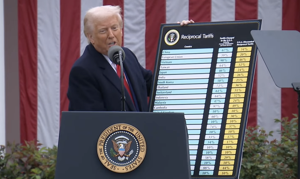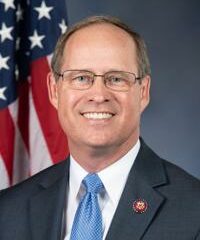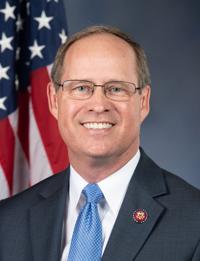(The Center Square) — Louisiana voters will cast ballots in November to determine whether the state will participate in a possible royalty system for offshore renewable energy production, but federal action is required before the money starts to flow.
Over the past several years, bills have been submitted to allow the alternative energy revenues, such as wind leases, to be sent to the Gulf states of Alabama, Mississippi, Louisiana and Texas to fund coastal restoration and resilience projects.
All of these bills would reform the Gulf of Mexico Energy Security Act by increasing the revenue-sharing distribution from offshore oil and gas activities from 37.5% to 50% and eliminating the existing state revenue-sharing cap of $375 million for Gulf Coast states.
It’s of dire importance to Louisiana as the funds from the BP oil spill settlement, which is the primary source for coastal restoration projects, will run out in 2031. The projects are designed to repair and rebuild the state’s wetlands which shield inland areas from hurricane storm surges and provide important nurseries for marine life.
U.S. Sen. Bill Cassidy, R-La., filed a bill last year called the Reinvesting in Shoreline Economies & Ecosystems Act with U.S. Sen. Sheldon Whitehouse, D-R.I. Congressman Steve Scalise, R-La., has a bill called the Budgeting for Renewable Electrical Energy Zone Earnings that he has filed twice in the last two years. U.S. Rep. Lizzie Fletcher, D-Texas, has also filed her version of the measure.
The National Ocean Industries Association is the trade organization for the offshore industry and supports this type of legislation. President Erik Milito told the Center Square that if the bill becomes law, Louisiana could see $1.96 billion over the next 10 years if the RISEE Act or other similar legislation becomes law.
“Well, it should, over time, you’re gonna see more revenue flowing to the government from offshore wind power, and if states are able to share in that then it becomes fairly obvious to the local taxpayers and the local constituency that this much money is now coming into our state because of offshore wind,” Milito said. “You haven’t needed that in the Northeast Atlantic, Pacific. Those state governments have taken independent action to promote offshore wind because they’re more progressive when it comes to wanting to have you know, climate goals in place. When it comes to the oil and gas sector, you know, the Gulf Coast has been it really for the past several decades.
“And Texas, Louisiana, Mississippi, Alabama have all been supportive because of the employment base and the investment base that you have along the coastline with hundreds if not thousands of companies contributing to the local economies.”
The bills have bipartisan support, as several environmental groups such as the Citizens Climate Lobby, the Coastal Conservation Association, the National Audubon Society, the National Wildlife Federation and the Environmental Defense Fund among others have weighed in support for the legislation.
Voters will decide on Nov. 5 whether to add two amendments to the state constitution governing offshore energy royalty distribution. The two bills authored Rep. Joseph Orgeron, R-Cut Off, were signed into law by Gov. Jeff Landry on June 19. Right now, any offshore wind or other renewable revenues would be split between the state’s General Fund (75%) and the remainder with the state’s mineral fund
House Bill 300 would place a constitutional amendment on the ballot to redirect federal revenues from “generated from Outer Continental Shelf alternative or renewable energy production sources, including wind energy, solar energy, tidal energy, wave energy, geothermal energy, and other alternative or renewable energy production or sources.”
The companion bill, House Bill 305, that would codify the shift of federal royalties to the coastal protection fund from the Gulf of Mexico Energy Security Act program if the measure is passed by voters.















































